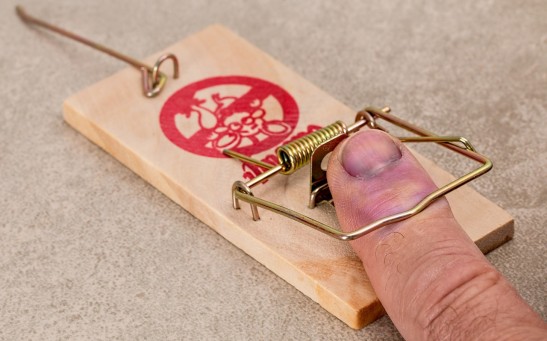MEDICINE & HEALTH
![Four Hours or Less of Sleeping Time Results in Weight Gain, Belly Fat [STUDY]](https://d.sciencetimes.com/en/full/39367/four-hours-less-sleeping-time-results-weight-gain-belly-fat-study.jpg?w=237&h=131&f=72050285490f7f1805b7235eb8a0cead)
Four Hours or Less of Sleeping Time Results in Belly Fat, Obesity [STUDY]

Burning Kidney Nerves with Radio Waves Promising Solution to High Blood Pressure

Dementia and Acute Kidney Injury Link: Patients Hospitalized for AKI More Likely to Develop Cognitive Disorder

Proteins Identified in COVID-19 Patients’ Saliva Potential for Detecting Infection, Virus Severity

COVID-19 Exists at Substantially Higher Levels in the Nose Than in the Throat [STUDY]

COVID-19 Omicron Variant: New Study Reveals This Strain is Less Severe Than Delta in Children Aged 4 Years Old and Below

Sodium Intake for People with Poor Heart Health May Help Lessen Risk of Cardiovascular Disease

Drinking from Plastic Bottles Could Make Us Ingest Nearly 100,000 Micro and Nanoplastics Every Year
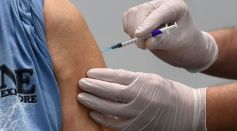
60-Year-Old Man from Germany Receives 90 COVID-19 Jabs to Sell Vaccination Cards With Real Batch Numbers
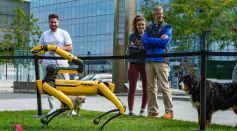
Robot Dog Roams Around in China to Share COVID-19 Safety Measures As Coronavirus Cases in Shanghai Rise

Alcohol Has No Health Benefit, Increases Cardiovascular Disease Risk Even When Taken in Moderation
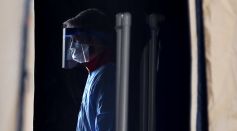
WHO Says New Mutant 'XE' Omicron Variant Could Possibly Be the Most Transmissible Strain Of COVID-19
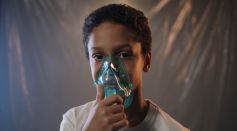
Could Asthma Fend Off Severe COVID-19? Recent Study Says It Might and We Know Why

Growing Back One’s Hair Possible With Arthritis Drug That Holds Promising Solution Against Alopecia
Most Popular

What Happens If the Sun Dies? Scientists Reveal Earth's Future

Scientists Grow Lab-Made Human Spinal Cords That Self-Repair After Severe Injuries

Global Exposome Science: Mapping Environmental Health and Chronic Disease Factors

How Scientists Accurately Determine the Universe's Age: 13.8 Billion Years Explained

